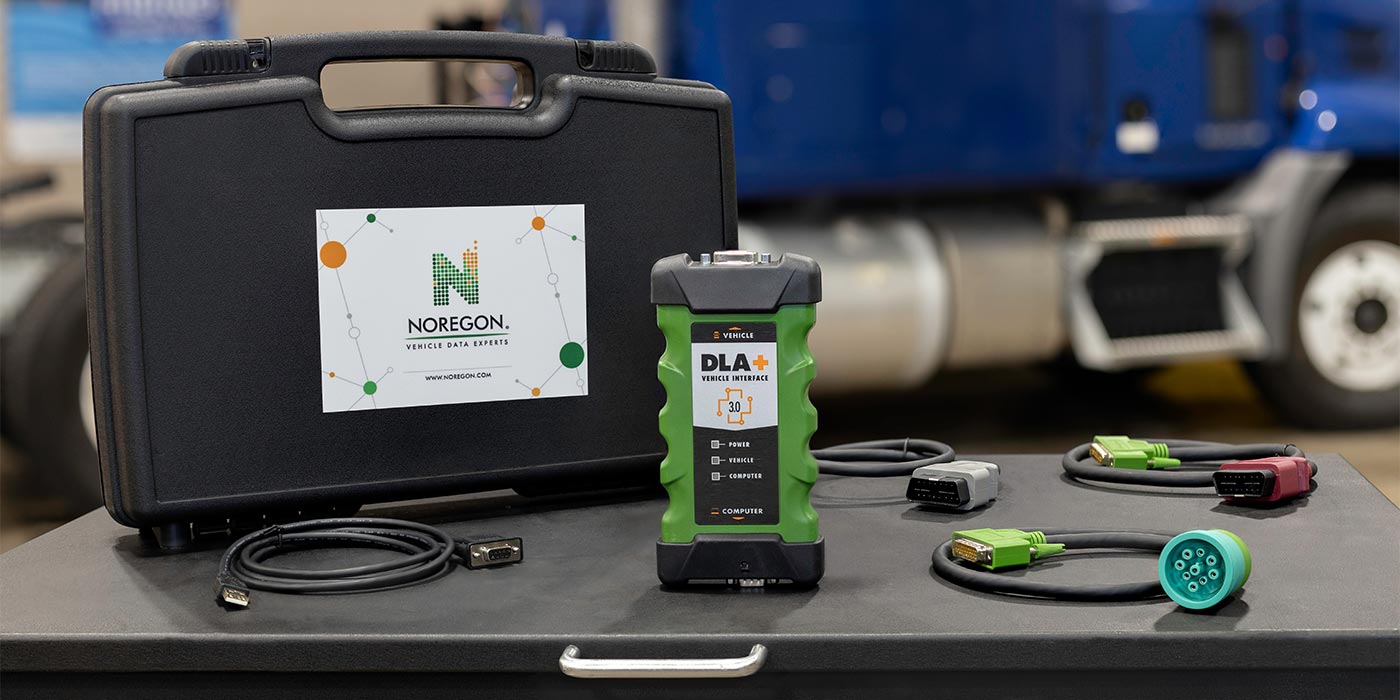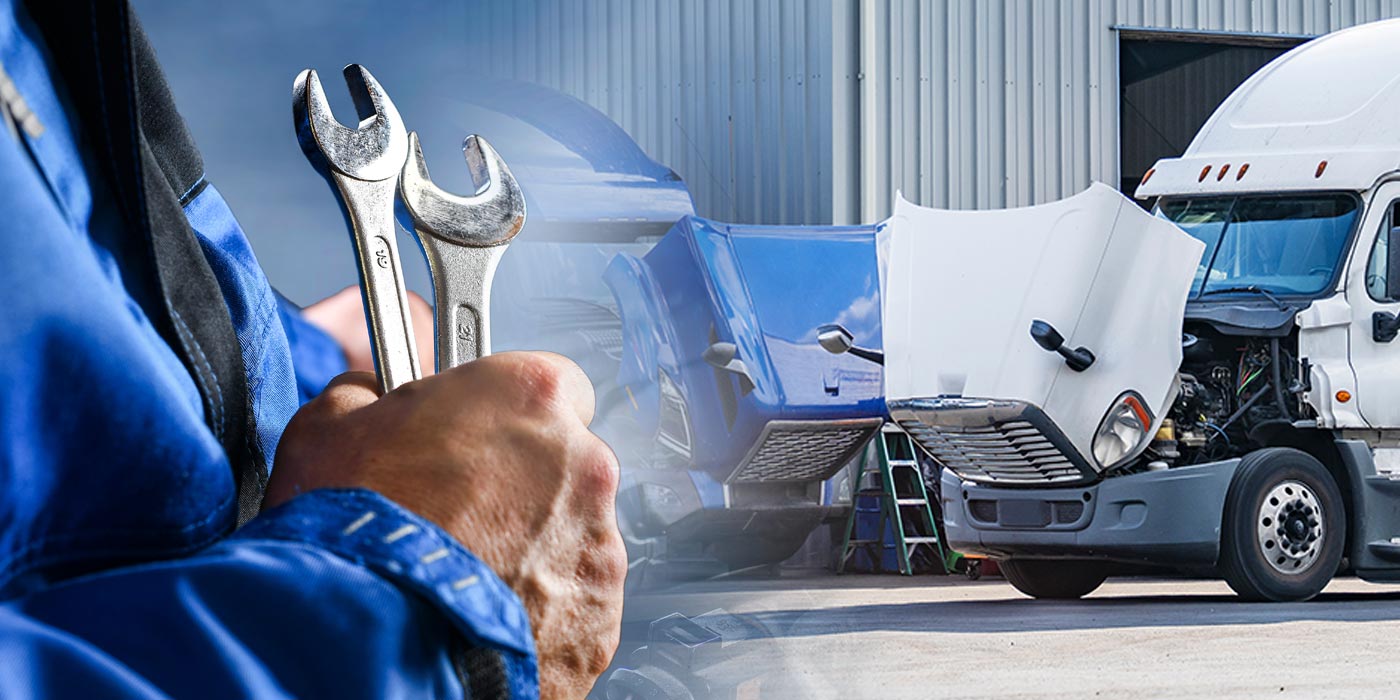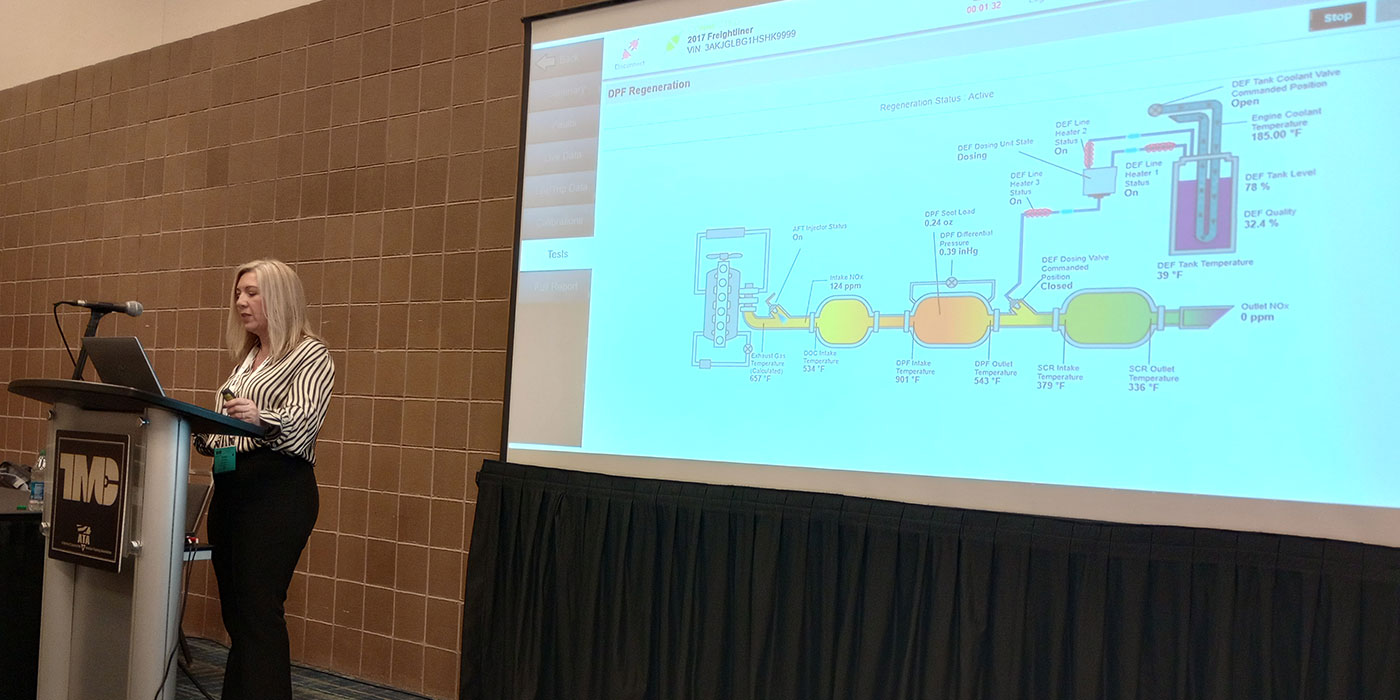There’s plenty to like about the winter, but it’s not all skiing and hot chocolate, especially if you’re a fleet manager who has to worry about the damage the harsh season will cause your equipment. Let’s zero in on trailers, which are susceptible to a variety of potential issues when running during the winter. Luckily, with the right maintenance program, much of this damage can be avoided altogether. So let’s go over what you need to know.
According to Art Hobbs, branch operations manager at Great Dane, there are two main areas of concern for trailers in the winter: keeping the trailer clean of deicers and other debris, and keeping moisture out of the trailer itself.
Cleaning the chemicals
Let’s start with those pesky chemicals—a necessary evil of the winter roadways, at least in those states and provinces that experience snow.
“Many of these chemicals, if not properly cleaned off your equipment, can lead to oxidation and corrosion damage,” says Cory Bogler, manager of customer care at Hyundai Translead. “Most equipment nowadays is equipped with hot dip galvanize [HDG] or wax-dipped coating to prevent corrosion. Even with these protections, corrosion can take place where rocks, gravel or road debris penetrate the protective coating or HDG components. Allowing road salts and chemicals to remain in contact with these untreated areas may cause damage to the trailer and require expensive, time-consuming repairs.”
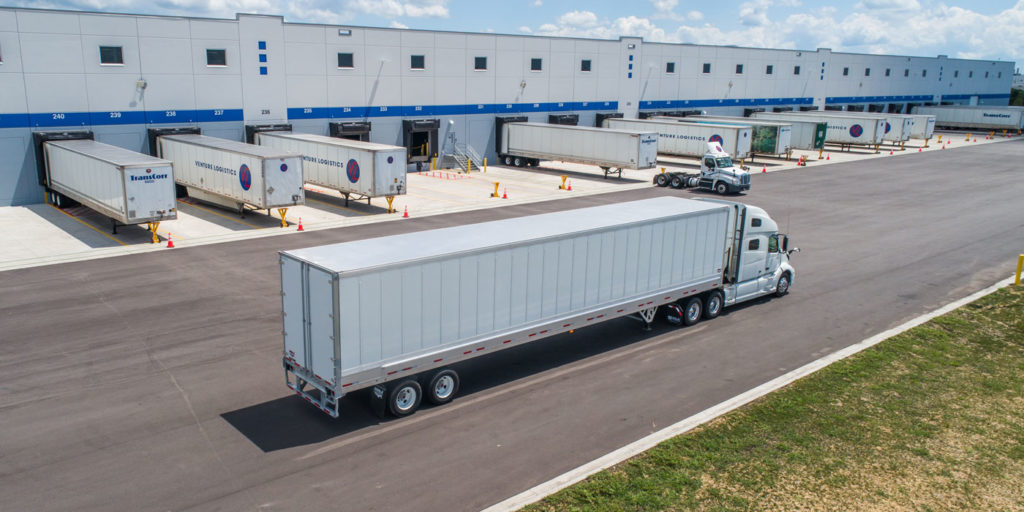
How often should you wash the trailers? “How much time the equipment spends in regions where they use these chemicals on the road will determine the frequency this needs to happen,” notes Brett Olsen, marketing manager for Utility Trailer Manufacturing Co. “If the equipment spends most of its miles in the Southwest or Florida, it won’t need it as frequently as if most of the miles are in the Northeast or upper Midwest.”
Bogler notes that Hyundai Translead recommends washing every 30 days, but you may want to change that frequency depending on the region and application of each truck.
“The industry recommends you use a power washer along with a mild detergent, degreaser, or chemical solution that does not harm the original coating system,” Bogler adds. “If you are hiring a third-party wash company, be sure to know what they are putting on your trailers. Using highly acidic cleaners such as aluminum brightener make the trailer look nice for the short term, but rapidly increase corrosion in the long term. These chemicals attack the HDG, zinc, aluminum and steel, causing rapid corrosion.”
Air lines
Let’s move on to the second major winter consideration: the trailer air system. It’s important to keep the air system clean and dry. The last thing you want is moisture making its way in during the day and freezing overnight.
“Enclosed air systems for brakes and air-operated equipment should be drained regularly of accumulated moisture,” Great Dane’s Hobbs recommends.
“Ice and mud on brake lines and actuators is a big thing to take care of on a daily basis. If you did have an air leak, it would be pretty hard to find under ice and mud,” Hobbs adds.
“Air lines, hoses and mounting fixtures can become brittle when cold and more susceptible to failure,” Hyundai Translead’s Bogler says. “Make sure air hoses are in good condition, free of defects and not dry rotted. Double-check the air springs and hose supports to make sure the air lines are not hanging low. Road debris and ice buildup create hazards that can damage air lines while going down the road. Trailers do not have air dryers to prevent water and ice from getting into the air lines and braking system. Make sure the tractors’ air dryers are working properly to avoid this. Water coming through the air lines can cause ice to form and create issues with your braking systems on the trailer.”
Ian Fox, product manager for refrigerated van at Wabash, recommends starting this process with the tractor, and then making your way to the trailer.
He provides a list of questions to ask: “Have the truck air tanks been drained and has the drier been serviced recently? Are your glad hands sealed against intrusion of water, ice, snow and debris when not hooked to the truck?
“Drain the trailer’s air tank(s) as well. Brake valve manufacturers recommend against the use of alcohol-based air system deicers.”
Tires
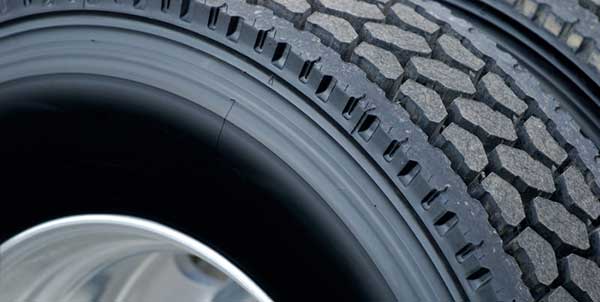
Hyundai Translead’s Bogler stresses that tire checks are vital in the winter.
“It is important to make sure your tires have the proper tread depth, no damage and proper PSI pressure,” he says. “Tread depth makes sure the tires properly disperse the water, snow and slush so the tire makes solid contact with the roadways. Potholes and obstructions on the road are more prevalent in winter than in the summer and add more stress to the tires. It is important to check the tires for damage during all pre-checks.
“One of the most important things is to maintain proper pressure in the tires,” he continues. “Cold weather can drop the PSI well below the required pressure needed. Be sure to check the tire pressure during all pre-trips. If you are running an auto inflation system, make sure it is working properly and set to the correct settings.
“Failing to have proper PSI can lead to uneven tire wear, lower fuel economy and leave you more susceptible to damage from potholes or road debris. Road calls and winter repairs are more difficult and costly than the summer, so it is imperative to address any potential issues before taking the road.”
Utility’s Olsen echoes the importance of proper tire pressure and maintenance on trailers. “A tire pressure monitoring system, especially one that maintains pressure, would be a good investment in preventative maintenance,” he adds.
More quick hit winter tips
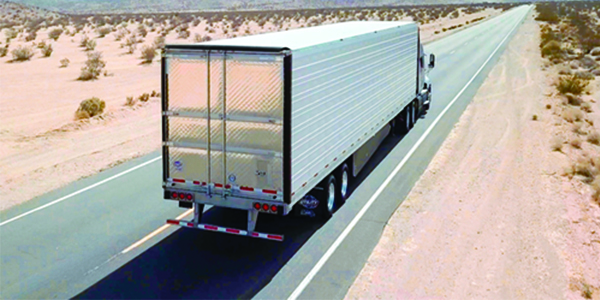
- “Several states have chain carry and usage rules that include trailers. You should be prepared to have the correct amount of approved traction devices if traveling through those states.” – Fox, Wabash
- “Inspecting the TRU fuel tank for the presence of water and draining, as necessary. Water in the fuel system will freeze before the fuel and has detrimental effects on injectors, filters and other fuel system components.” – Fox, Wabash
- “Winter can be very harsh for batteries. Check the TRU battery for state of charge, corrosion on the battery terminals, and battery hold-down should be checked for tightness. These are simple items that can be completed on a pre-trip inspection.” – Fox, Wabash
- “We don’t recommend the use of alcohol-based additives in the brake system. This can result in metal corrosion or swelling of brake valve seals.” – Hobbs, Great Dane
- “Electrical systems tend to be affected more in the winter than the summer months. Be sure all lights have a proper connection to avoid letting water in. Corrosion can not only cause the light to fail, but also lead to additional repairs down the road such as replacing the light base or re-wiring. Use dielectric grease on seven-way connectors, light connections and any other exposed electrical connections. This will reduce the potential for corrosion and light failures.” – Bogler, Hyundai Translead
Winter reefer unit maintenance
Reefers equipped with transport refrigeration units (TRU) come with their own winter maintenance checklist. In addition to those mentioned above, click here for a few reefer- and TRU-specific tips.







